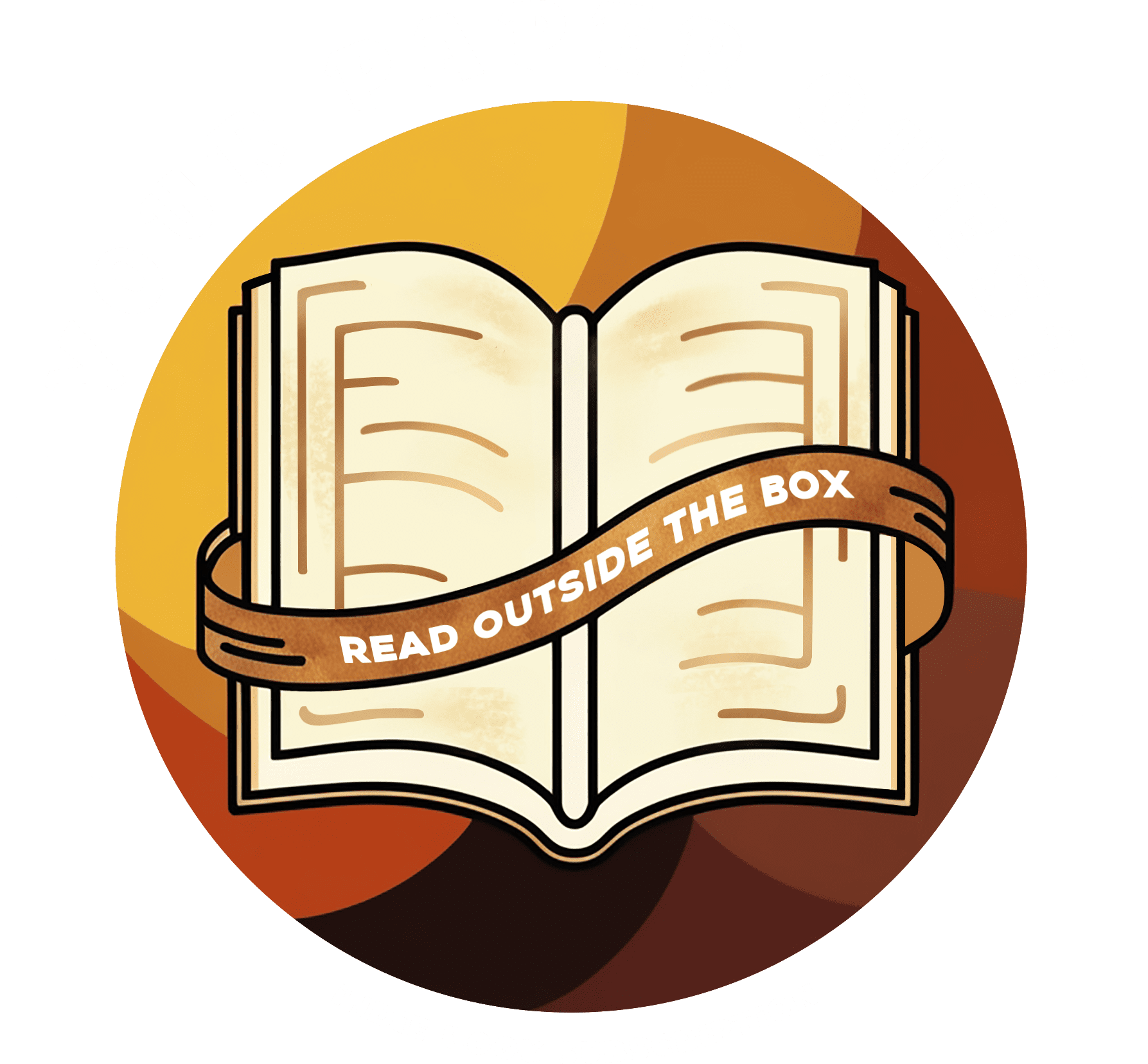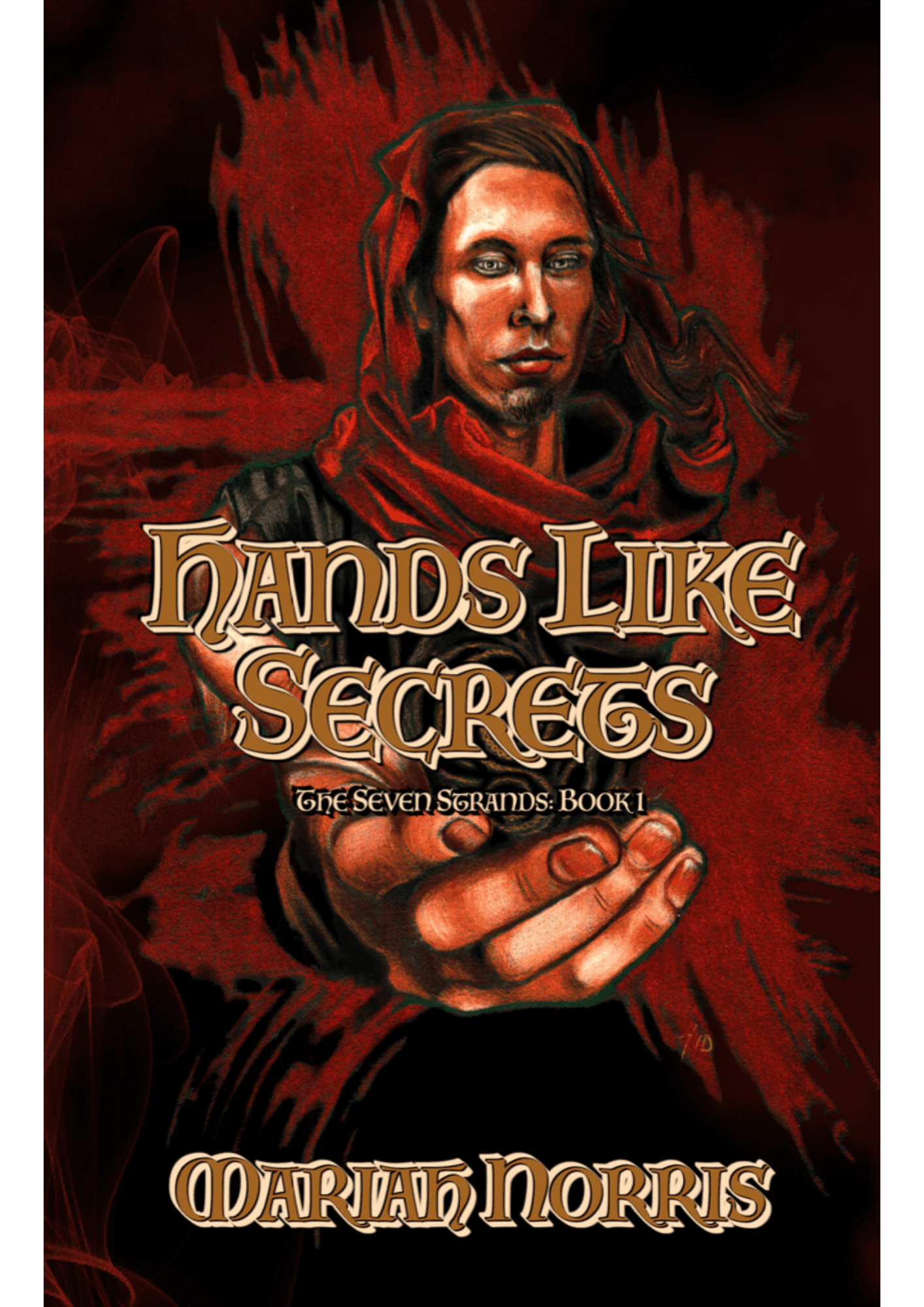Mariah Norris
HANDS LIKE SECRETS
One could say it started in high school, while I was watching a random Nickelodeon mini-movie. Something about the setting, the characters, the way the show drew me into the story tickled my brain just right. I said to myself, “I want to recreate whatever the heck that story just did to me.”
I think I wrote a whole paragraph or two of shamelessly copycatting before life filled up with other stuff, and I ended up not picking writing back up again until college.
I had played an online text-based MMO throughout high school, and at some point, I decided to take my character and build a fantasy epic around her story. I had timelines, I had a whole cast of characters, I had plotlines, I had themes, I even had entire chapters written…I tinkered with this thing for years. It was going to rival Wheel of Time in terms of scale.
This was around the time I started thinking seriously about creating something I could publish. Then I began to delve into the actual craft of writing and quickly realized I was not skilled enough as a writer to do that story justice. I needed to practice on smaller stuff.
I put the epic aside. (I do still plan to get back to it one day). I started writing down my interesting dreams. I joined a local writers’ guild and discovered I knew absolutely nothing about the process of getting published. I started writing two different stories and stalled on both (I have since gone back and finished one of them).
Then I had the dream that would turn into The Seven Strands and finally actually got to write “the end” on something I wrote. And here we are.
Gracefully, I hope, and with lots and lots of research.
I suspect I am some flavor of neurodivergent myself, but I’ve not been officially diagnosed and I don’t feel comfortable claiming any label. Having said that, Saeli is, in a lot of ways, just a fantasy version of me. Hers is an easy mindset to step into. Her autism was added during the very last major rewrite I did before sending it to Shadow Spark, and only because I’d been researching autism for a different project and realized Saeli was already checking a lot of those same boxes. I feel like I didn’t “choose” to “make” her autistic so much as I refined the way I’d already written her with autism in mind. (When I went to do that last rewrite, I was shocked at how little I had to change).
Along with research, I also worked with sensitivity readers for both Hands Like Secrets and Secrets Like Glass, and intend to have one for the last three books in the series as well. They’re expensive, but they catch things I’d never see on my own and are well worth it.
I do still worry that The Seven Strands will attract the “you aren’t allowed to write xyz characters unless you are xyz yourself!” crowd, and I get where they are coming from, but ultimately, I decided that staying true to Saeli’s character as I’d written her was important enough to risk it.
Dreams that are interesting enough to write down come in three flavors for me: character dreams, plot dreams, and emotion dreams. Character dreams are when my dream self-inhabits an interesting persona or meets someone interesting; plot dreams are when crazy stuff happens; emotion dreams are when I maybe don’t remember specifics, but I wake up feeling a certain way with one poignant scene in my head.
The deeply emotional dreams are the ones that trigger the “I must write this story immediately!” itch, but they’re rarely complete enough on their own. That’s when I’ll go into my folder full of other dream snippets and steal characters and plotlines to graft onto that emotional scene.
Most of my stories are Franken-dreams 🙂
Don’t fall into the “you must constantly produce content on all the platforms to stay relevant” trap. You are not a mindless content generator; you are an artist. Art takes time, brainpower, creativity, soul. You are not any less a writer if you only write a handful of words per day or per week, or have to take a break from it entirely. We cannot all produce at Brandon Sanderson’s speed. You owe it to yourself to put out work you can wholeheartedly stand behind, however long that takes, however much The Algorithm ignores you in the meantime.
Cringe is a lie. Don’t let anyone shame you for liking what you like and writing about what you like.
Know what you want as a writer, and don’t worry about what other people think you should want. Success looks different for everybody.
Marketing is 99% shouting into the void, throwing darts at the wall, and sheer dumb luck. It’s frustrating. It will always feel like people are selling better than you, because social media is skewed toward success stories. There isn’t one magic marketing strategy that works. (Don’t fall for people trying to sell you a magic marketing strategy). It may take a while for readers to find you. That doesn’t mean your book is bad. There will always be someone ahead of you. There will always be someone behind. For your own sanity, your only competition should be yourself.
Find a good community of fellow writers you get along with, even if it’s just an Instagram chat with two others or something. Having people in your life to support and commiserate with, who understand the language of writing, the difficulties, the memes, is invaluable in keeping sane.


